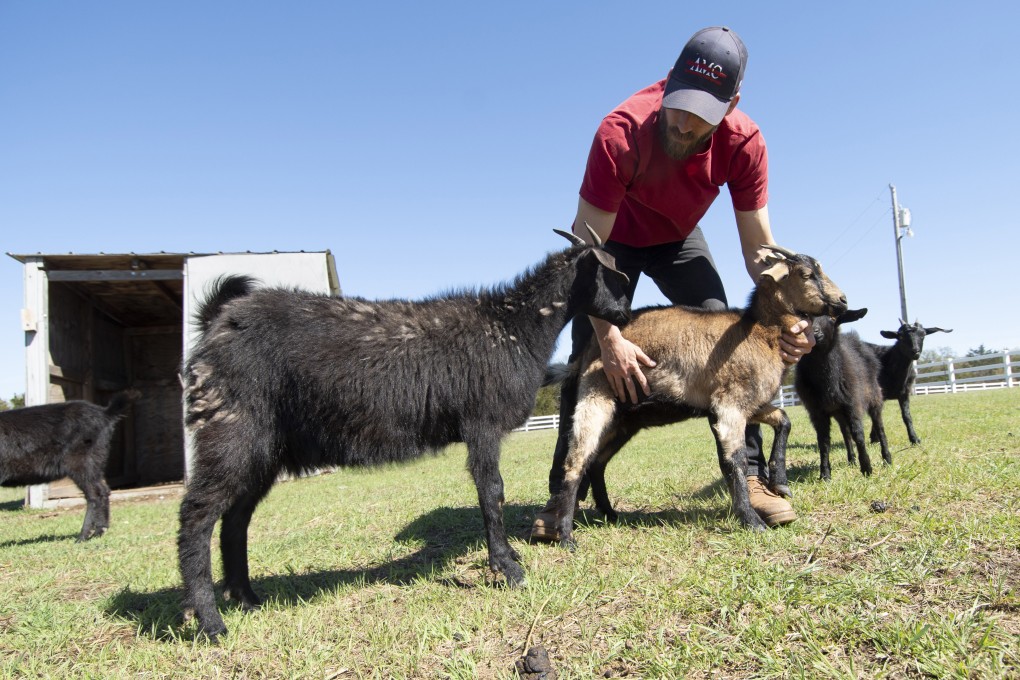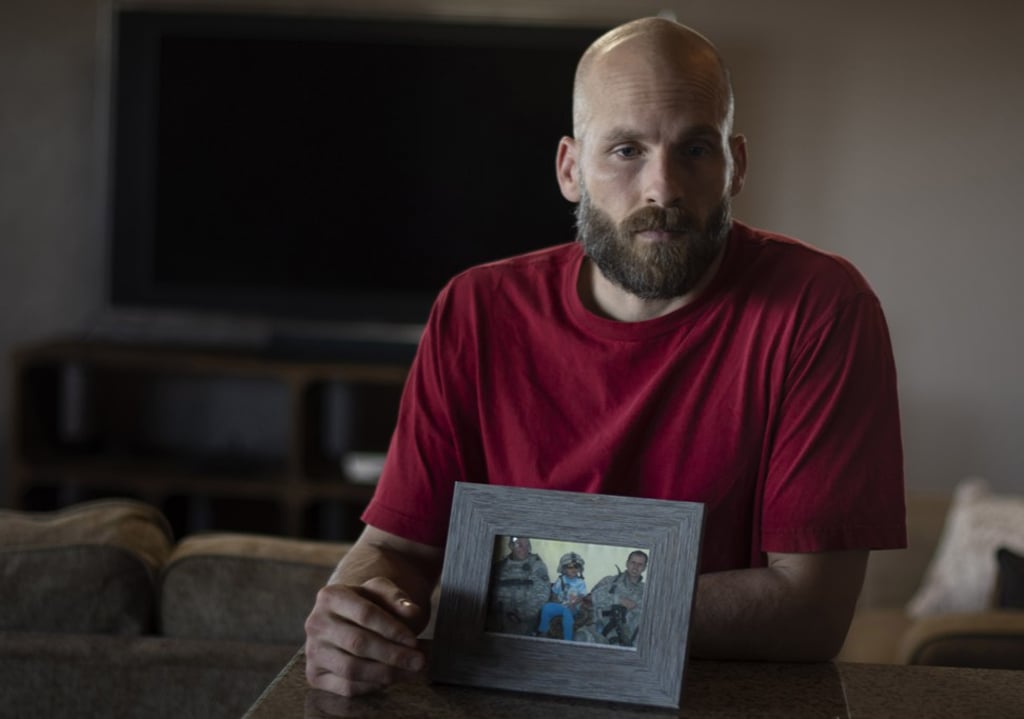Donald Trump pardons former soldier Michael Behenna who was convicted of murdering prisoner in Iraq
- Behenna stripped, interrogated then shot the man dead. White House statement said pardon had support of military and was ‘entirely deserving’


In a Monday evening statement, the White House announced Trump’s decision to sign an executive grant of clemency, which amounts to a full pardon, citing support from the military community and Oklahoma elected officials, some of whom ran a public campaign for the president’s order. Behenna, the statement said, was “entirely deserving”.
The former soldier, now 35, fought to overturn his conviction on the grounds the prosecution hid evidence that would have benefited his case. The judge denied the effort, but Behenna’s sentence was ultimately reduced to 15 years and he was released on parole in 2014. Before Trump’s pardon, Behenna faced another five years of parole.
US forces took Mansur into custody soon after a roadside bomb hit a convoy travelling north of Baghdad, killing two of Behenna’s friends and platoon members. An intelligence report linked Mansur to the attack, but he was freed when the military could not find conclusive evidence of his involvement, according to Behenna’s pardon application.